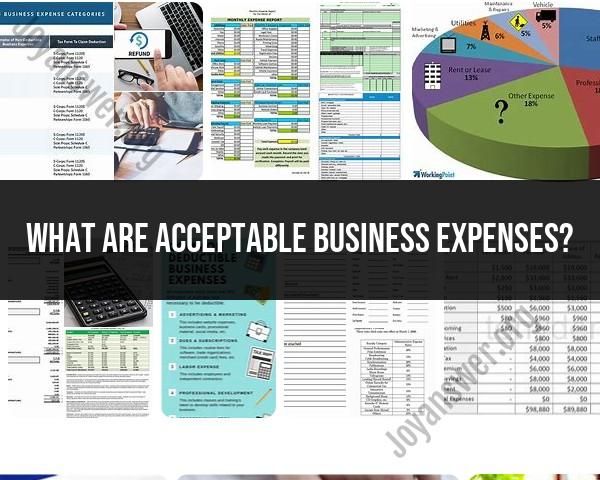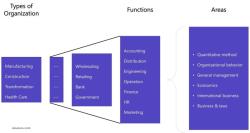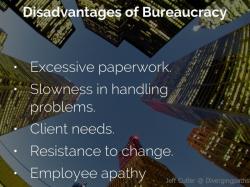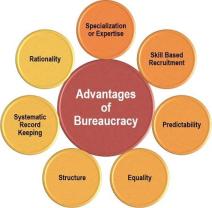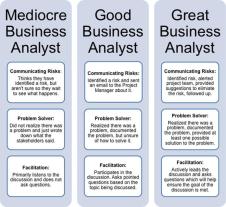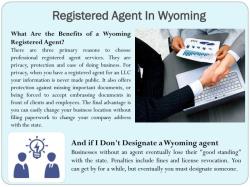What are acceptable business expenses?
Understanding acceptable business expenses is crucial for ensuring compliance with tax regulations and for maintaining good financial practices within a business. Acceptable business expenses are those that are ordinary, necessary, and directly related to the operation of the business. Here’s a detailed guide on what constitutes acceptable business expenses:
1. Office Supplies and Equipment
- Stationery: Pens, paper, notebooks, envelopes, and other office supplies.
- Technology: Computers, printers, software, and other technological tools necessary for business operations.
- Furniture: Desks, chairs, filing cabinets, and other office furniture.
2. Travel Expenses
- Transportation: Airfare, train tickets, rental cars, taxis, and mileage for personal vehicles used for business purposes.
- Lodging: Hotel stays or other accommodations while on business trips.
- Meals: Meals during business travel, often subject to per diem rates or limits.
- Incidental Expenses: Tips, parking fees, tolls, and other minor expenses incurred during travel.
3. Marketing and Advertising
- Advertising: Online ads, print ads, radio/TV spots, billboards, and promotional materials.
- Marketing Materials: Brochures, business cards, banners, and branded merchandise.
- Website: Costs associated with creating and maintaining a business website, including hosting and domain fees.
4. Professional Services
- Legal Fees: Costs for legal advice, contract review, and other legal services.
- Accounting Fees: Costs for accounting services, tax preparation, and financial consulting.
- Consulting Fees: Payments for business consultants and advisors.
5. Employee-Related Expenses
- Salaries and Wages: Payments to employees, including bonuses and commissions.
- Benefits: Health insurance, retirement plans, and other employee benefits.
- Training and Development: Costs for professional development, courses, and training programs.
6. Operational Expenses
- Rent: Cost of renting office or workspace.
- Utilities: Electricity, water, gas, internet, and phone services.
- Insurance: Business insurance, liability insurance, and property insurance.
7. Subscriptions and Memberships
- Professional Memberships: Fees for joining professional organizations and associations.
- Subscriptions: Costs for industry-related magazines, journals, online subscriptions, and software subscriptions.
8. Inventory and Supplies
- Raw Materials: Materials needed for manufacturing products.
- Supplies: Items required for day-to-day operations that are not office supplies, such as cleaning supplies.
9. Business Development
- Client Entertainment: Costs for entertaining clients, such as meals, events, and tickets to shows (subject to specific tax rules and limits).
- Gifts: Small gifts to clients and business associates (subject to specific limits).
10. Miscellaneous Expenses
- Licenses and Permits: Costs for obtaining necessary business licenses and permits.
- Bank Fees: Charges for business banking services, including account fees and wire transfer fees.
Guidelines for Acceptable Business Expenses
Ordinary and Necessary: The expense must be common and accepted in your trade or business, and it must be necessary and appropriate for your business.
Directly Related to Business: The expense must have a clear business purpose and must not be personal in nature.
Documented: Keep detailed records of all business expenses, including receipts, invoices, and a clear explanation of the business purpose.
Reasonable: Expenses should be reasonable in amount and not extravagant or lavish.
Examples of Unacceptable Business Expenses
- Personal Expenses: Costs for personal activities, clothing, or home expenses not related to a home office.
- Fines and Penalties: Payments for legal violations or fines.
- Political Contributions: Donations to political campaigns or candidates.
By adhering to these guidelines, businesses can ensure that their expenses are appropriate, well-documented, and compliant with tax laws, which is essential for accurate financial reporting and successful audits.
What types of expenditures are generally considered legitimate business expenses?
The IRS considers certain expenses ordinary and necessary for running your business as legitimate business deductions. These generally fall into a few categories:
- Business Operations: This includes costs directly related to your day-to-day activities. Examples include rent, utilities, office supplies, equipment, and inventory.
- Employee-related expenses: Salaries, wages, bonuses, and employer-paid benefits like health insurance are deductible.
- Marketing and advertising: Costs associated with promoting your business, like website maintenance, online advertising, or print ads, can be deducted.
- Professional fees: Legal and accounting fees, or payments to consultants directly related to your business operations are deductible.
- Interest and taxes: Business-related interest on loans and business taxes are generally deductible.
- Travel, meals, and entertainment: There are specific rules for these deductions. Business travel expenses are mostly deductible, while meal deductions are more limited. Entertainment expenses are generally not deductible.
- Startup and ongoing costs: Expenses incurred to start your business, like legal fees for setting up a business structure, or ongoing costs like software subscriptions can be deductible.
It's important to note: This is not an exhaustive list, and specific rules and limitations apply to each category. The IRS https://www.irs.gov/ website has a wealth of information on business expenses. For complex situations, consulting with a tax professional is always recommended.
